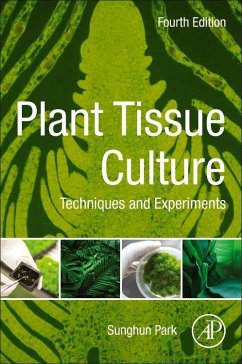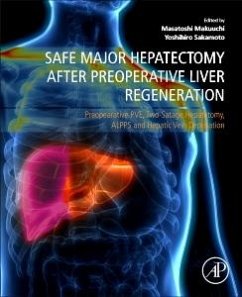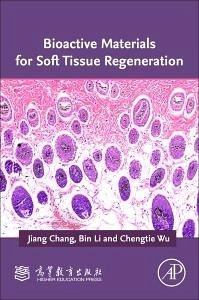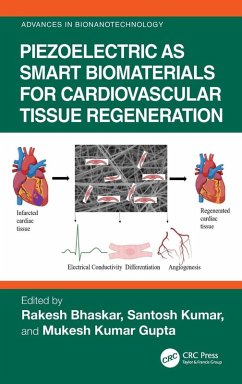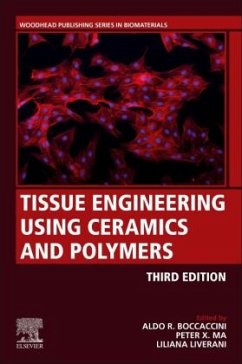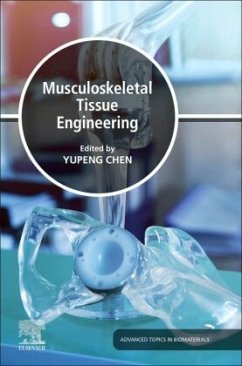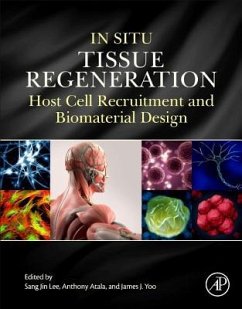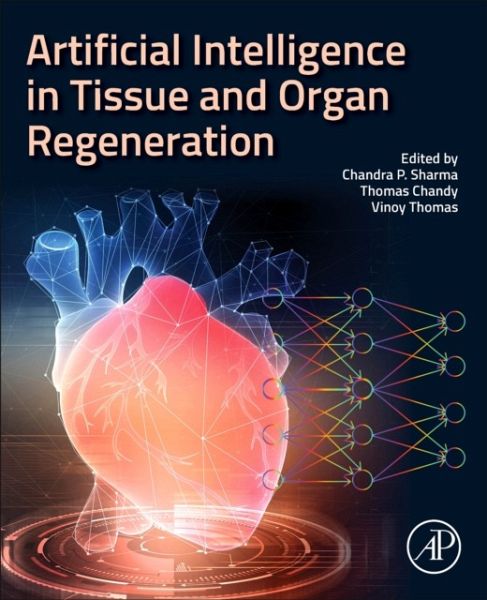
Artificial Intelligence in Tissue and Organ Regeneration

PAYBACK Punkte
78 °P sammeln!
Artificial Intelligence in Tissue and Organ Regeneration discusses the role of artificial intelligence as a highly sought-after technology in the area of organ and tissue regeneration. Certain groups have made significant progress in mass producing mini organs and organoids from stem cells utilizing such techniques. As time goes on, there will be a need to improve these procedures, protocols, regulatory guidelines, and their clinical implications.




